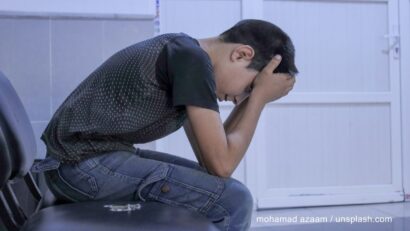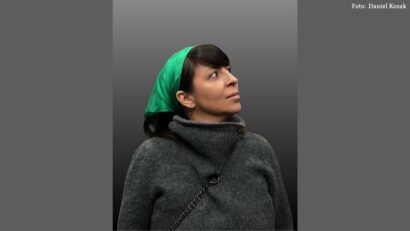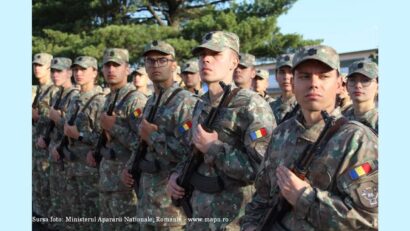World Radio Day
World Radio Day, organised every year by UNESCO to celebrate radio as a medium, has reached its 8th edition.

Monica Chiorpec, 13.02.2019, 12:52
Although today it coexists with many
other means of mass communication, radio continues to be regarded as one of the
greatest inventions of all times. Transmitting signals via electromagnetic
waves was a fascinating thing from the very beginning. Although less known than
the industrial revolution, the international revolution sparkled by the
invention of Guglielmo Marconi and Nikola Tesla has played a major role, both
in times of peace and of conflict. Mihai Coman is a professor with the
Journalism and Communication Faculty of the Bucharest University and he told us
about the role of radio:
Even if other means of
communication have emerged, radio has the quality of proximity and, in this
way, people find it easier to connect to content that reaches them via the
radio. From here, we get into the realm of content, and content varies
depending on the station. Basically, the public radio should ensure fair information
and help defuse tense situations when conflicts have emerged or are likely to
emerge, and thus create an atmosphere of tolerance. Obviously, it very much
depends on the situation and the policy pursued by each individual radio
station.
Just like every year, for this
year’s edition of World Radio Day UNESCO has proposed a theme. At a time when
society seems to be increasingly dominated by nationalist and populist
discourses, dialogue, tolerance and peace are values promoted by World Radio
Day. Here is Mihai Coman again:
The theme is in the spirit of
UNESCO’s values and is based on the assumption that where there is dialogue,
therefore communication, there is a greater chance of creating an atmosphere of
tolerance, and hence less room for conflict, which in turn leads to the
establishment of peace. This would be the rationale behind this theme. Recent
history has shown us that there have been many situations in which
communication tools have existed, but no efforts have been made to pursue tolerance
as well. This is not an accusation against the radio, but it’s a fact that
media has this tendency of focusing on the emotional, thus favouring discourses
that trigger such reactions.
We have asked Iris Constantin, a
communication expert with the National Commission of Romania for UNESCO, what
events have been planned for World Radio Day this year:
Two radio stations will broadcast
live: radio UNESCO, a temporary station devoted to World Radio Day, and Radio
France Internationale. A public event will be held at the UNESCO headquarters
in Paris. Ten workshops will help participants gain practical experience in
radio production. Registration is compulsory and it can be done on UNESCO’s
website. The workshops will focus on topics such as writing for the radio,
sound recording, recording a jingle, how to make a podcast, hosting a talkshow,
radio and the Internet and promoting radio on social media.
The best radio productions devoted
to World Radio Day are also awarded on February 13th. Therefore, radio
broadcasters across the world are encouraged to debate this year’s theme. Here
is Iris Constantin with more:
A world
radio contest is also organised. It is a prize-winning contest. Radio stations were
invited to produce a feature devoted to World Radio Day or a feature included
in one of their recurrent programs on the theme of dialogue, tolerance and peace.
Moreover, UNESCO has made available certain free-of-charge resources to radio
broadcasters, such as promotional jingles in the six official languages of the
United Nations and other types of content that can be used to promote World
Radio Day on air and on social networks.
World
Radio Day celebrates, at UNESCO’s initiative, a mass information instrument,
the radio, which is accessible to everyone and which seems to be permanently
reinvented. It is an instrument that provides information, education, culture,
freedom of expression and public debate. Here is Mihai Coman with more on the
future of radio:
To look
to the future, we must first look back at the past. In the past, when the new
media emerged, everyone thought that the old media would disappear or would be
replaced. Actually the old and new media have coexisted, and the old,
traditional media – the print media became old when the radio appeared, and the
print press and the radio became old when the television emerged – have adapted,
borrowing from the way in which the new media work. I believe that today, radio
broadcasting, which is complemented by a website and a Facebook page, is
adapting to the new media and thus ensuring a future for itself.
Radio
Romania is a radio broadcaster of world importance, comprises three main
national stations, namely Radio Romania News and Current Affairs, Radio Romania
Culture and the Village Antenna; as well as Radio Romania International, which broadcasts
in Romanian, the Aromanian dialect and 11 foreign languages; the regional
stations; Radio Romania Chisinau; Radio Romania Music devoted exclusively to
classical music; the Florian Pitis Radi3Net, which is an exclusively online
station; the RADOR news agency; the Casa Radio publishing house; orchestras,
choirs and soloists; and the National Radio Drama station. Radio Romania also organises
the annual GAUDEAMUS book fair, the RadiRo Festival for Radio Orchestras and
the Grand Prix Nova Radio Drama International Festival.






























